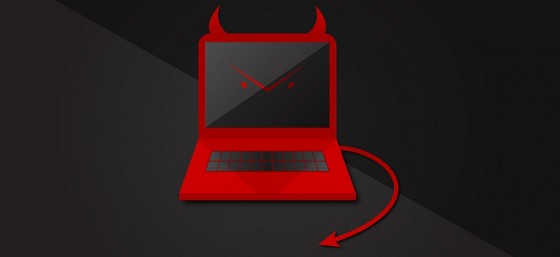Frequently I hear questions like, “If someone emails or texts me a photo of themselves, does it become my property?” Many people in this situation want to know if they own the photo and what they are allowed to do with it.
The answer to “Do I own the photo?” is “Yes” and “No.” Yes, you do own a copy of the photograph by virtue of the fact that someone gave it to you. However, owning a copy of a photograph does not mean that you own the copyright in the image, which is why you can’t do whatever you want with the picture. If the person who sent you a photo intended to give you the copyright as well, the copyright assignment would have to be in writing.
Think of getting a photo via email or text message like it getting a postcard in the mail. The postcard was addressed to you so you now own it, which means it you can look at it, put it on your refrigerator, and if the message doesn’t contain something that any reasonable person would know the sender would expect to be kept private – you could show it to others. However, you cannot make photocopies of the postcard and sell it or send it to others without the copyright holder’s permission.
Keeping this in mind, it should be obvious that the fact that someone sent you a photograph does not give you permission to do whatever you want with it. You would have to get permission from the copyright holder to post it online, and if it’s an image the sender would expect you to keep private, merely showing it to others could be illegal. If the photo in question is an explicit image, showing it to others could violate your state’s revenge porn law, which may be a felony.
With few exceptions (like child pornography) having a photo is not illegal but what you do with it could be. Therefore, if someone sends you a photo of themselves, you may keep it for your personal viewing pleasure but it could be illegal to share it with others.
This is an area of law that is still evolving. Since mobile devices come equipped with cameras, it’s important for everyone who has one is mindful of their dos and don’ts regarding sending and receiving images. If you want to talk more about this topic, please contact me directly or connect with me on social media via Twitter, Facebook, YouTube, or LinkedIn.









